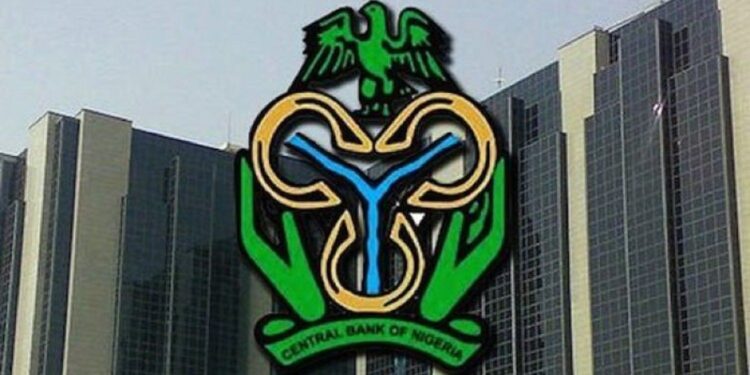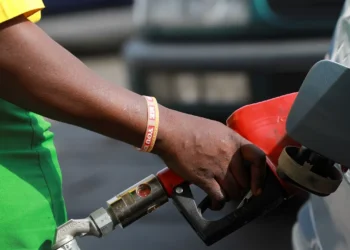In response to growing concerns about the nation’s foreign exchange challenges, the Governor of the Central Bank of Nigeria (CBN), Mr. Olayemi Cardoso, asserted that Nigerians should not solely blame the apex bank for the current situation. In an interview with Arise TV’s Boason Omofaye on Monday, Mr. Cardoso explained the limitations the CBN faces in producing foreign exchange.
Contrary to public sentiment, the CBN Governor emphasized that the central bank does not generate foreign exchange but operates with what it receives. He stated, “This is a problem I sometimes have when many blame the Central Bank for the foreign exchange situation because we rely on what comes in. We don’t produce foreign exchange. All we can try and do is use that to leverage for more to come in, and that also includes foreign direct investment and foreign portfolio investment.”
When questioned about how to improve productivity in the economy and enhance liquidity in the foreign exchange market, Mr. Cardoso highlighted the collaborative efforts between the monetary and fiscal sides of the economy. He emphasized that various stakeholders across different government sectors share a common sentiment about addressing the nation’s challenges.
Addressing the need for effective interventions, the CBN Governor stated that measures going forward should reach their intended recipients and target sectors negatively impacted by government policies. He acknowledged that previous interventions did not adequately reach local farmers and failed to address the distorting impact of certain government policies.
In the past week, the naira experienced a significant decline, approaching the N1500/$ threshold on the official market. Responding to this, the CBN implemented measures, including lifting the cap on exchange rates quoted by International Money Transfer Operators (IMTOs).
Additionally, the central bank announced the cessation of CBN intervention finance programs. Under the leadership of Governor Godwin Emefiele in the past years, the CBN had executed various development programs across agriculture, manufacturing, MSMEs, and energy, including the anchor borrower program, which absorbed around N1.01 trillion.
Mr. Cardoso’s remarks shed light on the complexities of managing foreign exchange in a resource-limited environment, urging collaboration between stakeholders for sustainable solutions to the challenges facing the nation.











